I wrote a piece a couple months back saying very clearly that if you are being abused, mistreated, or hurt that you are not to blame.
In my eyes, the person who is doing wrong is to blame.
And while that stirred up a lot of debate (and a metric crap-ton of victim-blaming), one particular comment stood out to me, and I saved it for a future writing.
Most people DENY their liability, rather than accept it.
This is one of those things that people think and say that SEEMS true, but it’s not. Not really.
In their public-facing persona, this might be true.
A lot of people have been taught that immediately and forcefully denying even the most obvious faults is required to make it through life.
That does not stop them from feeling the fault deeply.
In fact, if anything, I’ve found that those who try their hardest to deflect or shift the blame are often (often, not always) the ones who feel the most strongly about their own blame or fault in a situation.
Not that they hit themselves in an abusive situation, of course. But that they somehow were to blame because they deserved it, or because they weren’t good enough, kept making mistakes, were too trusting…whatever.
The point I was making is that this is not true.
Making a mistake is not a valid excuse for abuse.
It’s a valid excuse for correcting your mistake, or even leaving you. Not for hitting you. Not for piling abuse upon you.
Some other people asked me in about that writing, “Why talk about blame at all? Why does it matter who is to blame?”
Well, because of just this.
That so many people do feel they are to blame for all the bad things that happen to them.
Deep down inside where they should feel worthy of love, they instead feel worthy of abuse.
And they often perpetuate that cycle of abuse by seeking out people who show patterns of behavior that make them feel comfortable and eventually lead to abuse.
And no. That does not then shift the blame onto their shoulders.
The person abusing them is still the one to blame.
PERIOD.
They are simply trapped in a cycle that they have not YET learned how to escape.
So, I write about these things now and then.
Because I believe that knowing what we are and are not able to control and where blame lies, brings us closer to accepting responsibility.
We can take on that responsibility for ourselves when it does not include the overwhelming burden of others’ actions that they have tried to blame on us.
Here are a few examples that may ring true to you (or not, I hope not!):
•You made me lie to you by always being so emotional.
•If you weren’t so clumsy, I wouldn’t have to punish you.
•You make me so mad, I can’t control myself.
There are millions more examples I could give.
And I’m sure there are more than a few in your own head. Hopefully you’ve grown past them, and you no longer accept the blame.
If not, let me tell you: You are NOT to blame for the abuse you have suffered.
That is all.


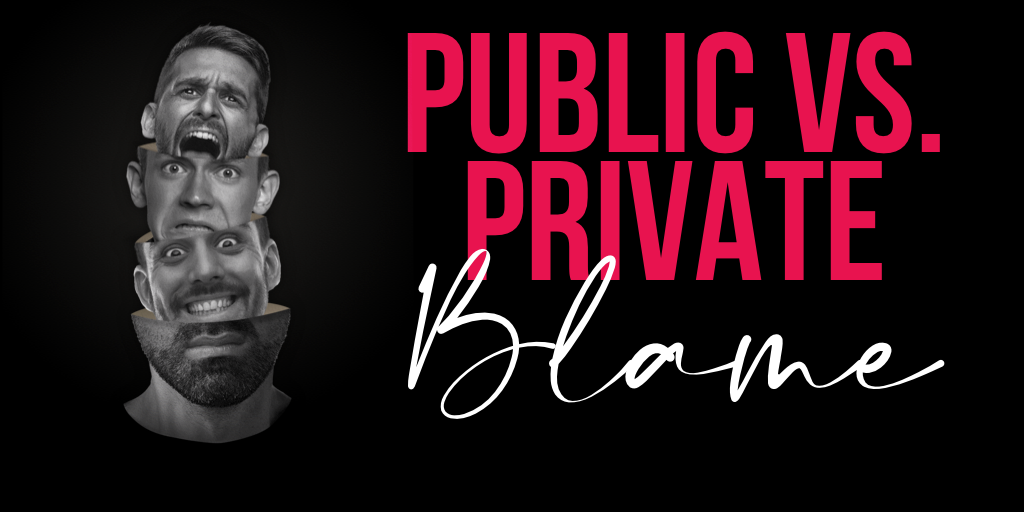

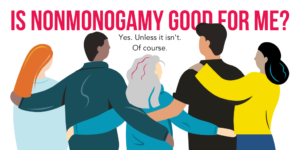
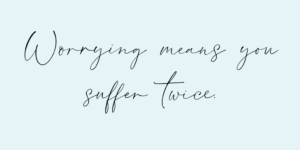
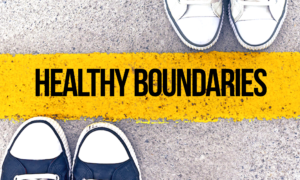

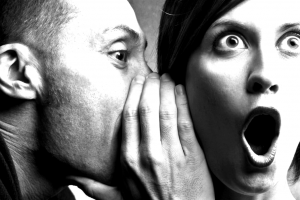

One Response
I would like to add. While you may have allowed this abuse to continue(for some many different reasons), you are not the blame for it.